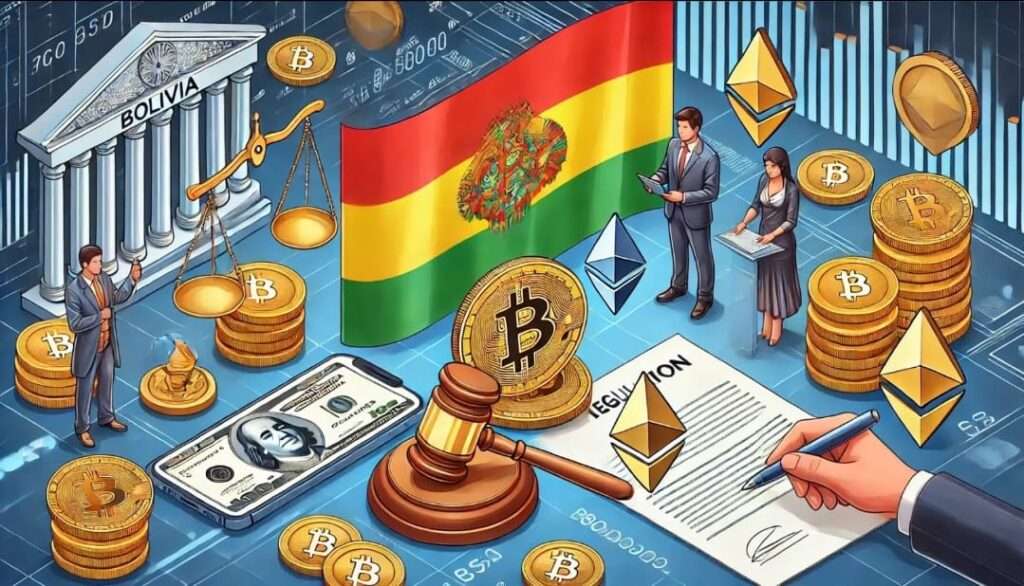After a four-year ban, Bolivia Allows Cryptocurrency Trading
After a four-year ban, Bolivia now allows cryptocurrency trading. This article first appeared on Coinpedia Fintech News.
The Central Bank of Bolivia has formally lifted its 2020 prohibition on Bitcoin and other cryptocurrencies after four years. This action recognises the growing significance of digital currencies in the global financial ecosystem and aims to update the financial system. Bolivia is acknowledging the growing significance and possible influence of digital assets on the economy by lifting the restriction.
BCB Lifts Bitcoin Prohibition
According to a statement released by the Central Bank of Bolivia (BCB), financial institutions are now able to interact with cryptocurrencies via approved electronic channels. Bolivia now adopts a more lenient attitude towards digital assets, following Argentina, and lifts the prohibition on cryptocurrency use that was instituted in 2014.
The BCB issues the Directorio’s Resolution 084/2024 regarding the use of Virtual Activities in coordination with the ASFI and UIF in an effort to modernise the payment system.See the full note: The URL is t.co/37Zpgg0V62#UnPaís Fuerte nUnidosoEsU
The Guarantee of Stability #EIBCBG pic.twitter.com/PX1uai8BeY
June 26, 2024, Banco Central de Bolivia (@BancoCentralBO)
Although there is more flexibility now that the 2020 ban has been reversed, cryptocurrencies are still not accepted as legal money. This has been arranged in cooperation with the Financial System Supervision Authority (ASFI) and the Financial Investigations Unit (UIF).
The modification complies with recommendations made by the Latin American Financial Action Task Force (GAFILAT), a group that promotes modernised cryptocurrency laws. Businesses are not compelled to take cryptocurrencies because the “Boliviano” is still the only recognised form of payment; however, users should be aware of the hazards.
Bolivia Raises Concerns About Cryptocurrency Risks
As part of its Economic Reform, Bolivia is educating its people about the dangers of trading cryptocurrency as well as the Financial Education Plan. The Central Bank of Bolivia (BCB) is making an attempt to guarantee that individuals manage digital assets securely and are aware of any potential threats.
Bolivia’s action is in line with global trends towards the integration of cryptocurrencies and indicates the country’s commitment to changing rules in response to advances in digital finance and international money transfers.
The price of Bitcoin increased by almost 1.7%, from $60,580 to $62,333, in spite of the regulation adjustment. At $61,672, Bitcoin has a $1.2 trillion market capitalization as of right now.
